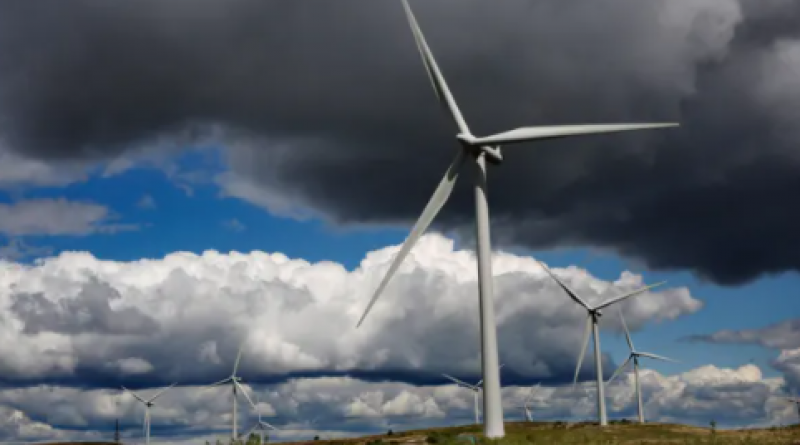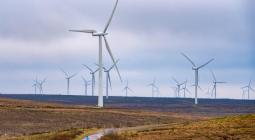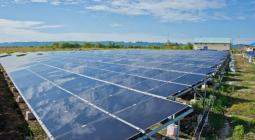How green is your 'green' energy tariff?

Suppliers accused of misleading consumers by offering renewable deals that are only green on paper.
It’s time to switch to a renewable energy tariff. This is the well-meaning advice given to eco-conscious households across the country that are eager to play their part in reducing greenhouse gas emissions.
About 40% of the UK’s CO2 emissions are created in the home, so opting for a low-carbon source of electricity could be one of the simplest ways to help the UK move towards a carbon neutral future by 2050. But how “green” are our green energy tariffs?
As the public interest in renewable electricity tariffs has increased, so too have the number of clean energy deals on the market. There are dozens of energy deals that supply 100% renewable energy to about 9m homes across the country – but many are not as green as they seem.
There are three ways an energy supplier can offer a renewable energy tariff even if they do not own any renewable projects. A supplier might pledge to use 100% of the income from their customers to invest in developing renewable energy, or strike a deal directly with an existing windfarm or solar array to buy the electricity they produce.
It is the third option that has sparked accusations of “greenwashing” against some of the biggest energy suppliers in the market for offering renewable energy deals backed by certificates that appear to prove the origin of clean energy, but may only be green on paper.
When a supplier claims that their 100% renewable energy tariff is backed by a renewable energy guarantee of origin certificates, or Regos, it means it will match each megawatt of electricity its customers use with certificates representing the same amount of renewable energy. Major suppliers including British Gas, Ovo Energy and Bulb use Regos to back up their 100% renewable energy tariffs while buying a small proportion of their energy directly from green projects.
It is a strategy that appears to make sense - but there are loopholes that risk “double counting” the UK’s renewable energy use or even claiming foreign renewables as its own.
If, for example, a big corporation with a clean energy target strikes a deal directly with a solar farm to buy its electricity, the company will receive certificates for every megawatt generated. Later, it could choose to sell these certificates – separate from the electricity they represent – while using the contract with the solar farm as proof that it has reached its clean energy target.
This allows suppliers to snap up certificates as “proof” that the electricity they supply households comes from a renewable energy source. However, it may have already been promised to an energy-hungry corporate data server or office tower elsewhere in the UK.
Energy suppliers could use a combination of these green energy options to back up their 100% renewable energy tariffs, making it even more confusing for households.
In recent weeks, Uswitch became the first comparison site to set standards for green tariffs – gold, silver or bronze – depending on whether the supplier generates its own renewable electricity or how it sources its electricity, to help separate the true green from “pale green” tariffs.
The safe bet is to choose a gold standard deal. The four deals that make the grade are all from Good Energy, which sources clean electricity directly from 1,600 renewable energy projects across the UK, and runs its own solar and windfarms too.
Juliet Davenport, the founder and chief executive of Good Energy, is a vocal critic of so-called “greenwash” tariffs that claim to offer clean electricity on paper but do little to support renewable energy projects by buying their power supplies directly from wind and solar farms.
“For years now energy suppliers have been able to mislead customers who are trying to do the right thing in choosing green. The UK cannot achieve net zero without bringing everyone along, and being dishonest with the very people trying to help is not the way to go about that,” Davenport said.
An ongoing government consultation plans to make suppliers come clean on their green energy. Until then, look out for 100% renewable energy deals from suppliers that source only a small proportion of the electricity they supply directly from renewable energy projects.
2 April 2021
The Guardian




